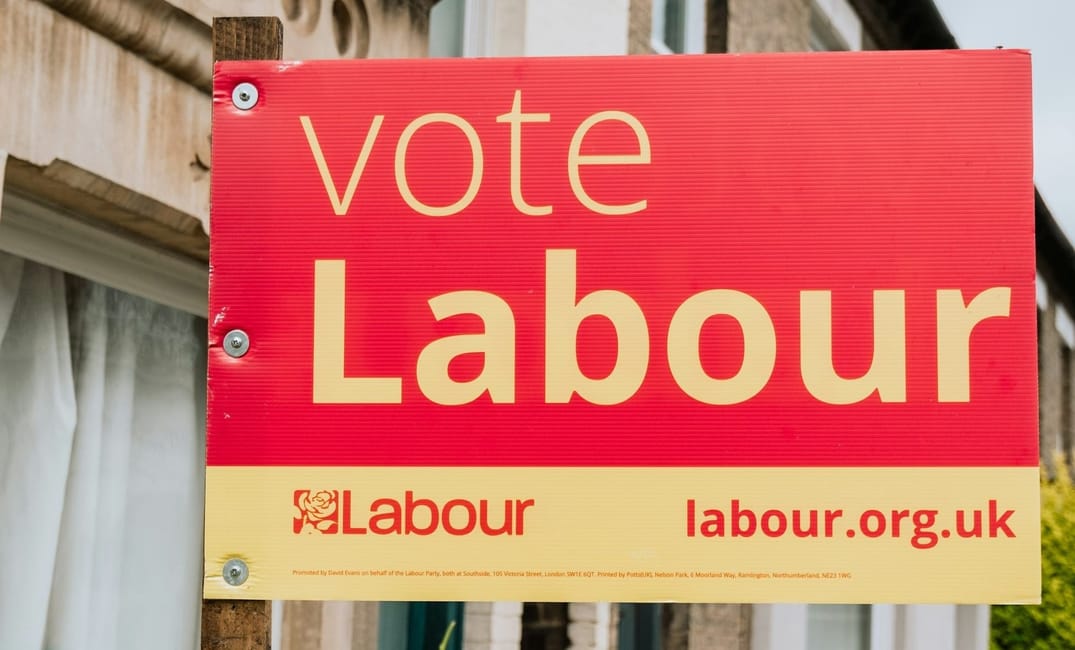Christopher Cawley| @chrisJcawlet
“Do you want to make history, pull together and change?” was the rallying war cry from the newly elected Labour leader Keir Starmer. For the Labour Party, the path ahead is fraught with a lot of challenges. The government has a huge majority, the Labour is a party significantly divided, all in the middle of an international health crisis. It’s not going to be easy.
Sir Kier’s first job was to form a Shadow Cabinet (Labour MPs chosen to directly oppose the Conserative MPs heading government departments). This allows him to put his stamp on the Party whilst also reuniting it. For many, the new Shadow Cabinet can be seen as a break from previous Labour leader Jeremy Corbyn, whilst retaining those on the left of the party. The newly elected Shadow Chancellor, Anneliese Dodds epitomises this; she’s popular with lefty groups, but not tied to the Corbynist movement. Angela Rayner is another example; she’s on the left of Labour but chooses not to associate with Corbyn.
Keir said his Shadow Cabinet would be formed of MPs from the Corbyn era and of the previous Tony Blair and Ed Miliband eras – although it was surprising he selected Ed Miliband himself. Choosing MPs from both major camps within the party is a safe attempt at healing the party’s divides. In the past this worked well for Tony Blair, but not so well for Jeremy Corbyn as the centre-left of the party tried to remove him in 2016.
Kier could be recognised as the man to bring the party back together after years of division. But if the infighting continues, Labour will continue to look weak, which is especially worrying in a time of crisis.
Let’s be honest, Keir’s leadership victory has been largely overshadowed by the current health crisis. As the issue continues to intensify around the country, and with the recent saddening news of the Prime Minister being taken into intensive care, there is an increasing need for Keir and his party to respond effectively. There are limited options available for the opposition party, but this does not mean there is nothing the Labour Party can do. The Labour Party may not be in government, but still has an ability to respond.
There has been a lot of talk of creating a “National Government” where all major parties join a coalition to streamline decision making during times of crisis. There have been four national governments before, all dating between the Wall Street Crash and the end of the Second World War. It shows the difficulty of what we’re facing for that to even be an option. For the Labour Party to have any real influence over the proceeding of things, this would be the necessary step.
For the meantime, maintaining pressure on the government is the most likely outcome. Kier, as well as other prominent Conservatives not in government, have highlighted issues and flaws with the government’s handling of the crisis. The initial, and later discarded, proposal of ‘herd immunity’ was shown to be ineffective and even counterproductive. The NHS neither has the evidence nor the testing available to suggest that herd immunity would work with Coronavirus.
The Labour party needs to keep the government in check- never before has the need for an opposition party has been so vital. Here, the Labour Party plays a role, ensuring the government is doing things correctly, responsibly, and quickly. As Kier puts it, the Labour Party’s role for the time being is to “ask difficult questions constructively”. Putting the right pressure on the government, without dividing our public unity.
It’s sort of like training for a boxing match: it’s important to know which punches to pull and which ones to throw. Hit your training partner too hard and you risk injury and an end to your training session. Go too soft and suffer the consequences. The new Labour leader has to choose his shots carefully, ensuring the government makes the right move whilst not being overbearing. A tough first few months lie ahead. Let’s hope the Labour Party have chosen the right person for the job.
Thanks for reading our article! We know young people’s opinions matter and really appreciate everyone who reads us.
Give us a follow on Instagram, Twitter and Facebook to stay up to date with what young people think.

